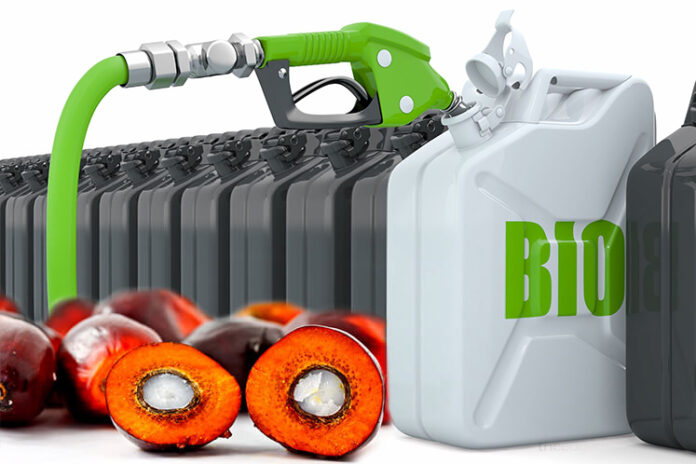The European Union is under scrutiny after the World Trade Organization (WTO) panel issued a report regarding its controversial measures on palm oil and oil palm crop-based biofuels, following a complaint by Indonesia.
On 9 December 2019, Indonesia requested consultations with the EU over claims that the EU’s policies violate several trade agreements, including provisions from the WTO’s Technical Barriers to Trade (TBT) and General Agreement on Tariffs and Trade (GATT). The EU measures, which concern palm oil imports and biofuels, were contested by Indonesia as unfair and inconsistent with WTO regulations.
“Indonesia stands firm in its position that the EU’s actions are inconsistent with international trade rules, particularly in the context of palm oil and biofuels,” an official said. Costa Rica, Guatemala, Colombia, Malaysia, Argentina, Thailand, and others joined the consultations, signaling widespread concern.
The panel, established in July 2020, faced delays in issuing its final report. Initially slated for mid-2022, it was postponed multiple times due to the complexity of the case. After a suspension in March 2024, the panel resumed its work and released the report to WTO members on 10 January 2025.
The decision has the potential to shape future trade relations between Indonesia, the European Union, and other affected countries. As the case progresses, further developments are expected in the coming months, with possible implications for global biofuel markets.
 Donate
Donate



